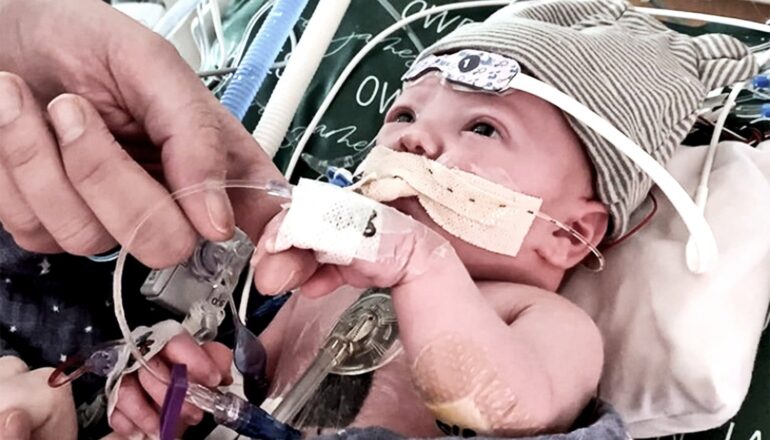Living heart valves may help treat many heart conditions in kids
- A new study published in Journal of the American Medical Association found that partial heart transplants using living heart valves can treat various pediatric heart valve conditions.
- The procedure, led by pediatric heart specialists at Duke Health, resulted in valves that worked across different diagnoses and grew over time, matching the child’s development.
- The study followed 19 patients who received partial heart transplants between April 2022 and December 2024, with all cases showing healthy valve function and no need for reoperation due to valve failure.
- One remarkable case showed a child stopping anti-rejection medication altogether due to an unrelated infection, giving hope that some children may not need lifelong immunosuppression.
- The early results are encouraging, but more studies are needed to understand the long-term effects of partial heart transplant; however, the procedure holds promise as a versatile treatment option for various pediatric heart conditions.

A procedure which uses living heart valves may have expanded application as a treatment for various types of pediatric heart valve conditions.
The research was led by pediatric heart specialists at Duke Health. It looked at 19 children with various heart conditions who received a partial heart transplant, a procedure which uses living valves from donor hearts.
The study appears in Journal of the American Medical Association. It found the partial heart transplant series resulted in valves that worked across different diagnoses and grew over time, matching the child’s development.
“This study shows that partial heart transplantation is not just a one-time success—it’s a versatile option that can be used across a range of heart conditions,” says Joseph Turek, corresponding author of the study and chief of pediatric cardiac surgery at Duke Health.
“We’re seeing valves that grow, function well, and require less immunosuppressant medication than a full heart transplant,” Turek says, “That’s a huge win for these kids and their families.”
For the new study, researchers followed 19 patients who received partial heart transplants at Duke between April 2022 and December 2024. The children ranged in age from newborns to teens and had a variety of heart conditions, including truncus arteriosus, Tetralogy of Fallot, and other diagnoses.
The team measured valve growth using ultrasound and found the valves in all 19 cases maintained healthy function with no patients needing a reoperation due to valve failure.
In one remarkable case, a child had to stop taking anti-rejection medication altogether (due to an unrelated infection) and the valve continued to grow and function normally.
“This case gives us hope that some children may not need lifelong immunosuppression,” says Douglas Overbey, study author and assistant professor in the surgery department at the Duke University School of Medicine.
“That’s important because these medications can cause serious side effects over time,” Overbey says. “If we can reduce or even eliminate the need for them, it’s a major step forward.”
Partial heart transplant is still a new approach. Researchers say more studies are needed to understand its long-term effects, but the early results are encouraging.
The Brett Boyer Foundation and the Graeme McDaniel Foundation funded preclinical research.
Source: Duke University
The post Living heart valves may help treat many heart conditions in kids appeared first on Futurity.
